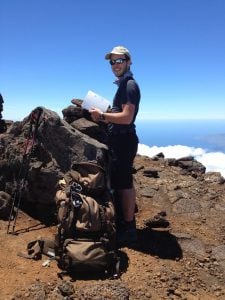Simon Carn is an expert in volcano research. He won the 2024 Michigan Tech Research Award for using satellites to study volcanic activity around the world. Carn has received about $15 million in research grants from top agencies like NASA, the NSF, and the USGS.
He is known globally for studying volcanoes with satellite data. His work is helping to advance volcano research.

